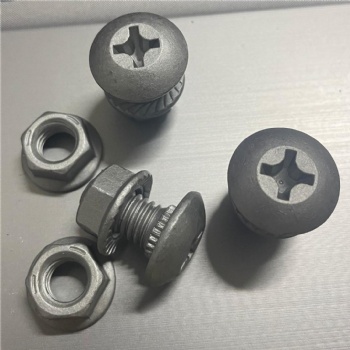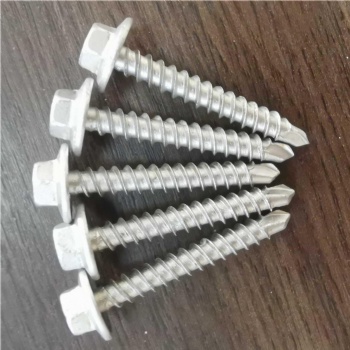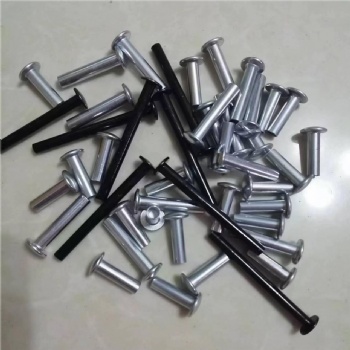News
High Tensile Bolts
What Are the Different Grades of High Tensile Bolts?
In case you are new to the world of fasteners, bolts are (usually) steel fasteners with external male threads. They are used to conjoin two unthreaded objects with the help of a nut. When purchasing bolts, you need to make sure that you choose the right grade. Otherwise, you could see your fasteners fail to maintain a solid and durable fix.
But what are the different grades and how do they relate to the tensile strength of the bolt? This post will walk you through choosing the correct bolt grade to ensure your fastener is up to the task.
What is the Tensile Strength of a Bolt?
Bolt grades are closely related to tensile strengths. In layman’s terms, the tensile strength of a bolt refers to the maximum stress the bolt can withstand before breaking. Thus, the higher the tensile strength, the higher the weight a bolt can sustain and the higher its capacity to bear impact.
High tensile bolts are used for high-stress fastening applications. For example, you would usually require high tensile bolts in the realms of construction or other similar industrial environments. These high tensile bolts help to secure heavy objects together and shoulder their weight for many years, or even decades.
When it comes to the relationship between grades and tensile strengths, the higher the grade the higher the bolt’s tensile strength. So, with that in mind, let’s walk you through a few of the most common grades of bolt fasteners.
What are the Different Grades of High Tensile Bolts?
When it comes to high tensile bolts, there are four main grades, although there are some specialist grades designed for specific applications. The grades themselves are represented by numbers, which you can easily identify on the top of the bolt in question.
So without further ado, let’s run through them in order of their tensile strength.
Grade 8.8 Bolts
The bottom rung of what many consider high tensile is grade 8.8, sometimes referred to as “structural grade” bolts. They are most often steel and can be plated in many coatings. When used in real-world settings, you would most likely tighten these bolts with a torque wrench.
Grade 10.9 Bolts
Also known as the car bolt since they are so synonymous with the automotive industry, they tend to be used for bolting heavy to medium forged parts. Usually made up of boron or carbon steel, they boast an impressive minimum tensile strength of 1040 megapascals (MPa).
Grade 12.9 Bolts
Another popular bolt in the manufacturing industries, grade 12.9 bolts are reserved for affixing the heaviest of items together. To use the automotive industry as an example again, you might use these bolts for securing the engine. It has a minimum tensile strength of 1220 MPa.
Grade 14.9 Bolts
These are some of the strongest bolts you can lay your hands on, and are therefore usually involved in joining structural elements together. Construction is one of the many industries where you might come across these bolts. The minimum tensile strength comes in at a whopping 1400 MPa.
Categories
Contact Us
- +86-13966788007
- +86-13966788007
- [email protected]
- Skype
- 86-13966788007



